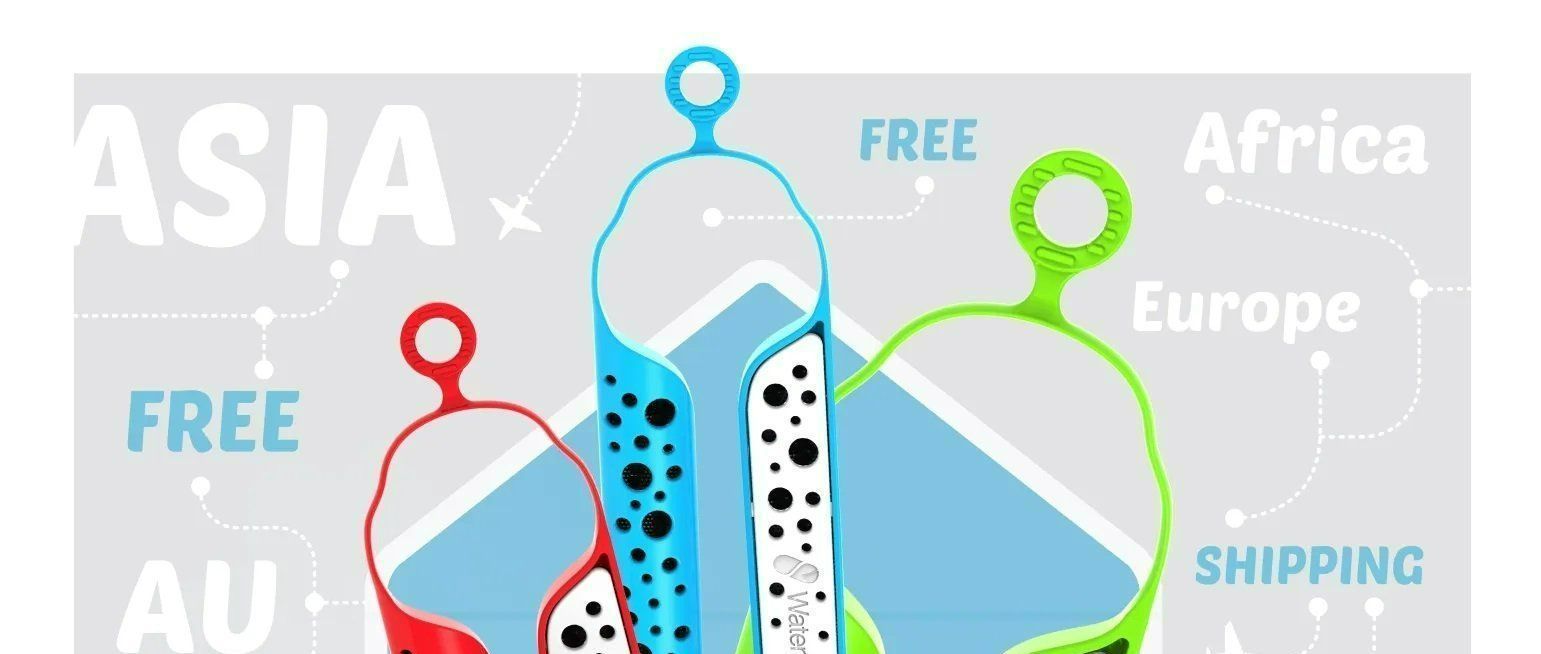Bottled Water Industry Faces Backlash: Plastic Waste and Groundwater Depletion Highlighted
12 March 2024
A recent global report from the UN World Water Development Report 2024 sheds light on the rapid growth of the bottled water industry and the environmental toll it's taking on water resources and plastic pollution.

The body content of your post goes here. To edit this text, click on it and delete this default text and start typing your own or paste your own from a different source.
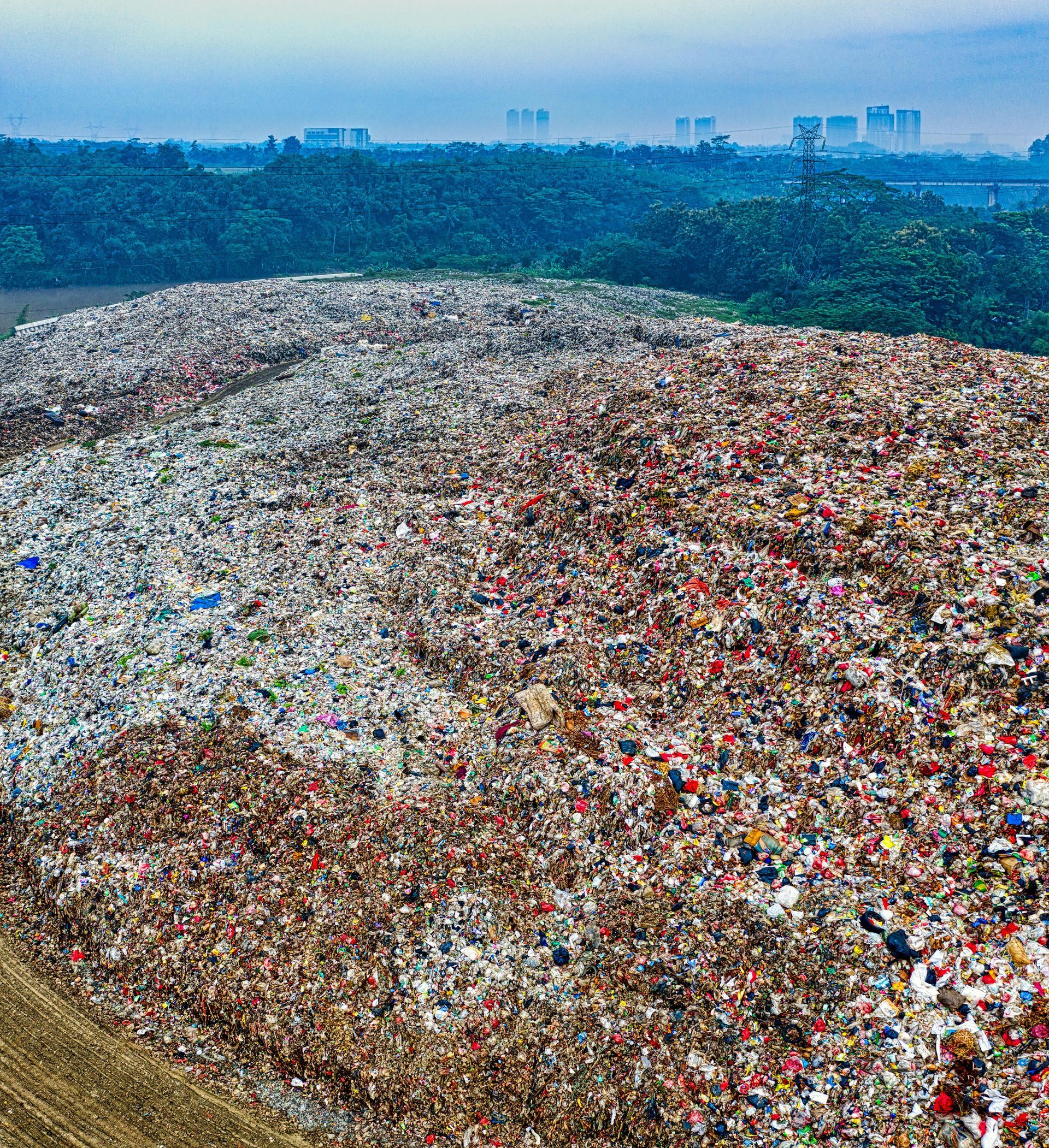
Indonesia is the second-largest contributor to marine plastic pollution globally , with an estimated 1.29 million metric tons of plastic waste entering the ocean annually. Single-use plastic bottles are a major contributor to this crisis, exacerbated by widespread dependence on bottled water due to limited access to clean tap water. This environmental burden has placed Indonesia at the forefront of global discussions about reducing plastic waste.
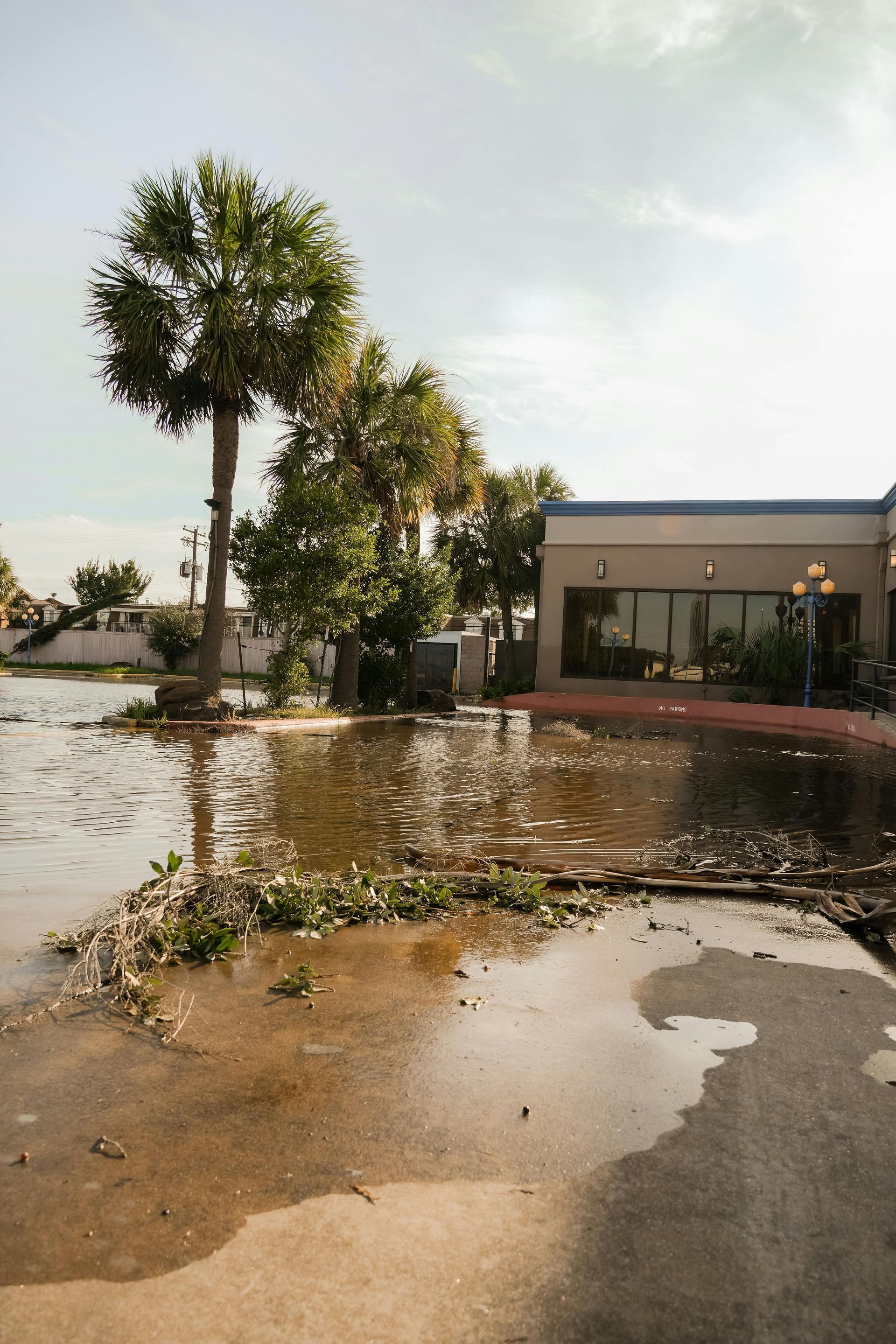
In late October 2024, Spain experienced catastrophic flooding, with the Valencia region bearing the brunt of the disaster. Over 220 lives were lost, and widespread damage impacted homes, infrastructure, and agriculture. Meteorologists attributed the immediate cause to a DANA (Depresión Aislada en Niveles Altos), a cold air mass trapped at high altitudes. However, deeper causes, rooted in climate change, amplified the severity of this event.
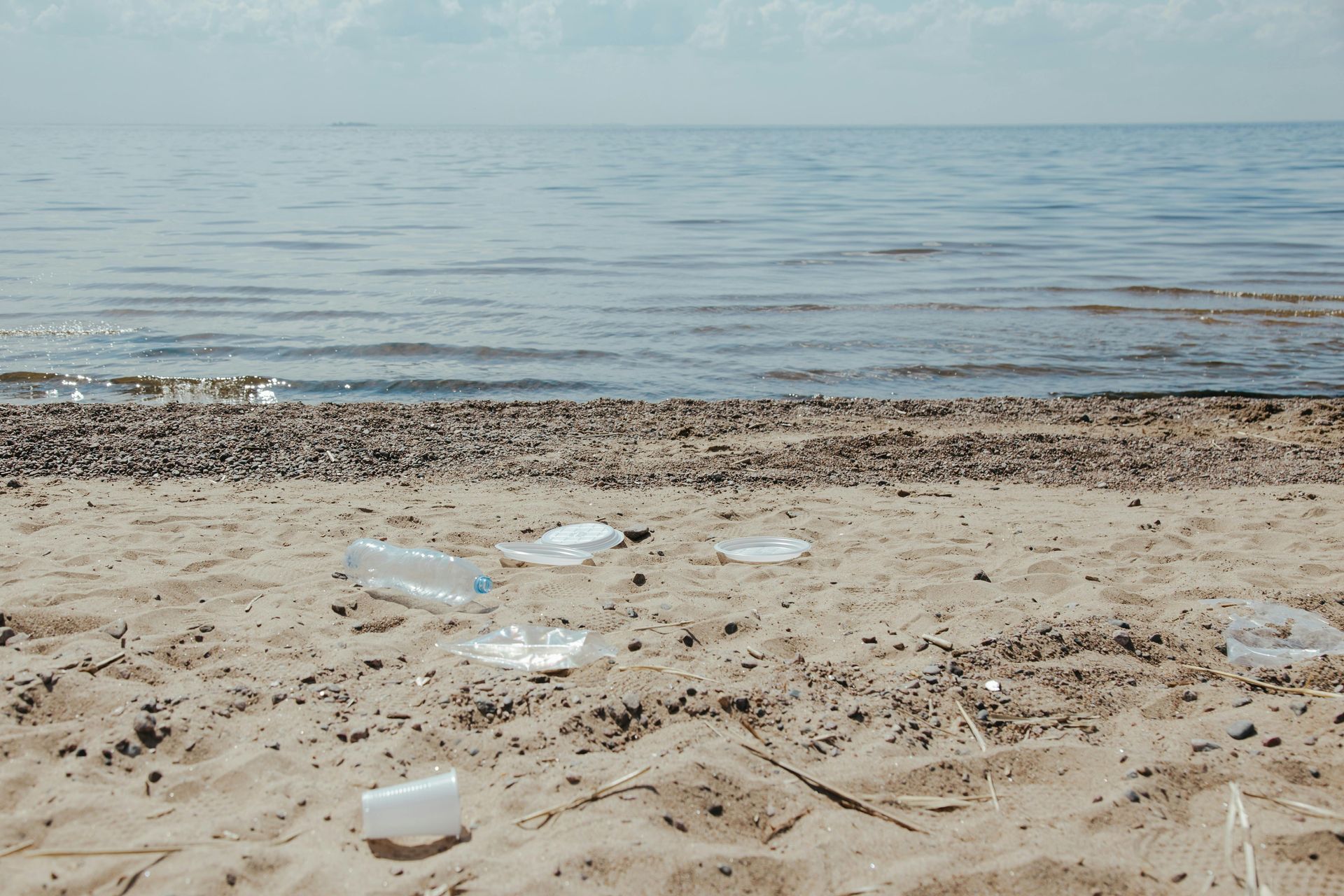
The world’s oceans are reaching a critical tipping point as billions of plastic bottles and other waste continue to accumulate in marine environments. Marine life is suffering, and ecosystems are at risk of irreversible damage due to plastic pollution, with projections estimating further escalation over the next decade.
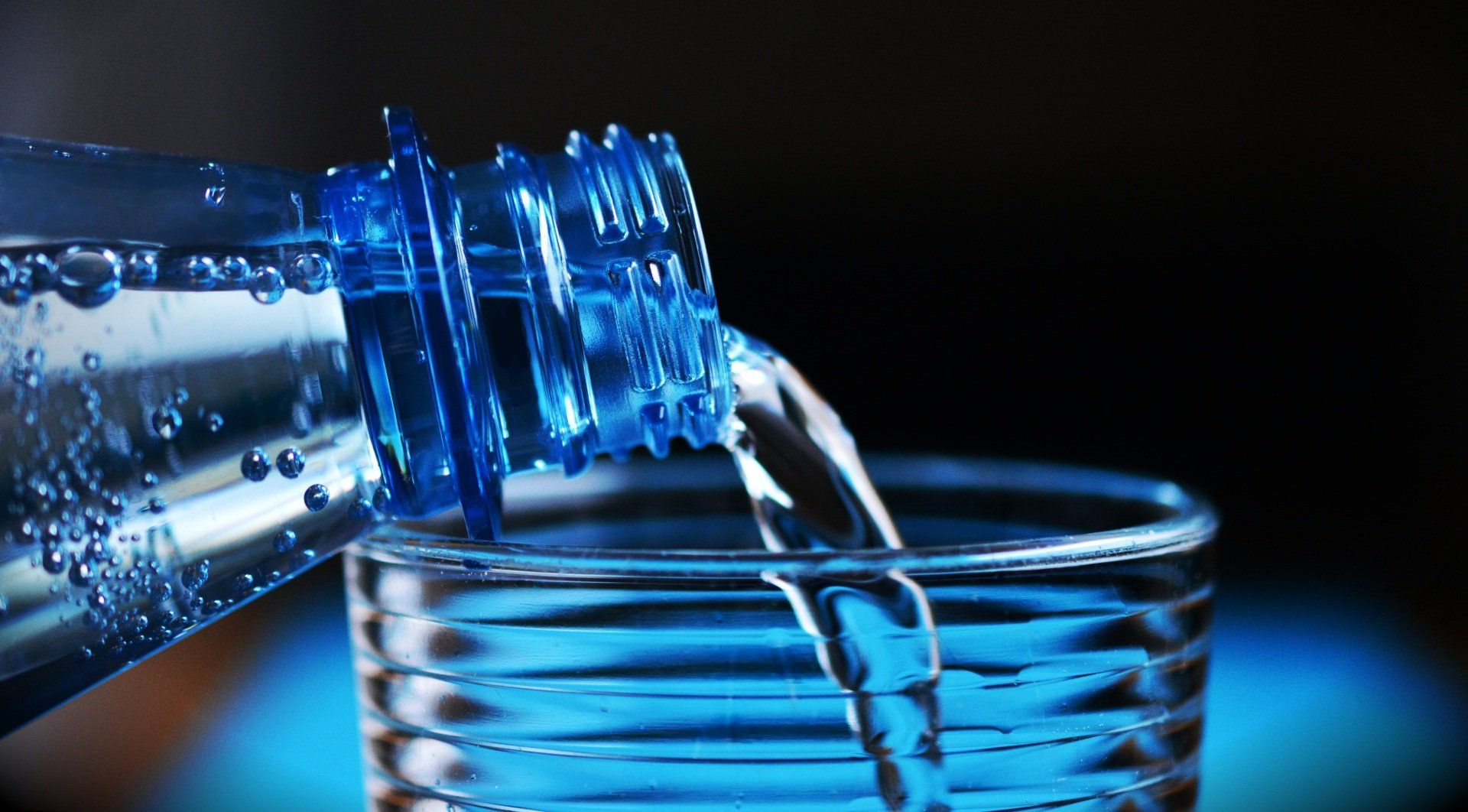
A new study reveals the alarming presence of nanoplastics in drinking water sources globally. While these tiny plastic particles are often undetectable to the human eye, their potential health impacts are concerning. Researchers warn that these particles can penetrate human cells and may pose long-term health risks.
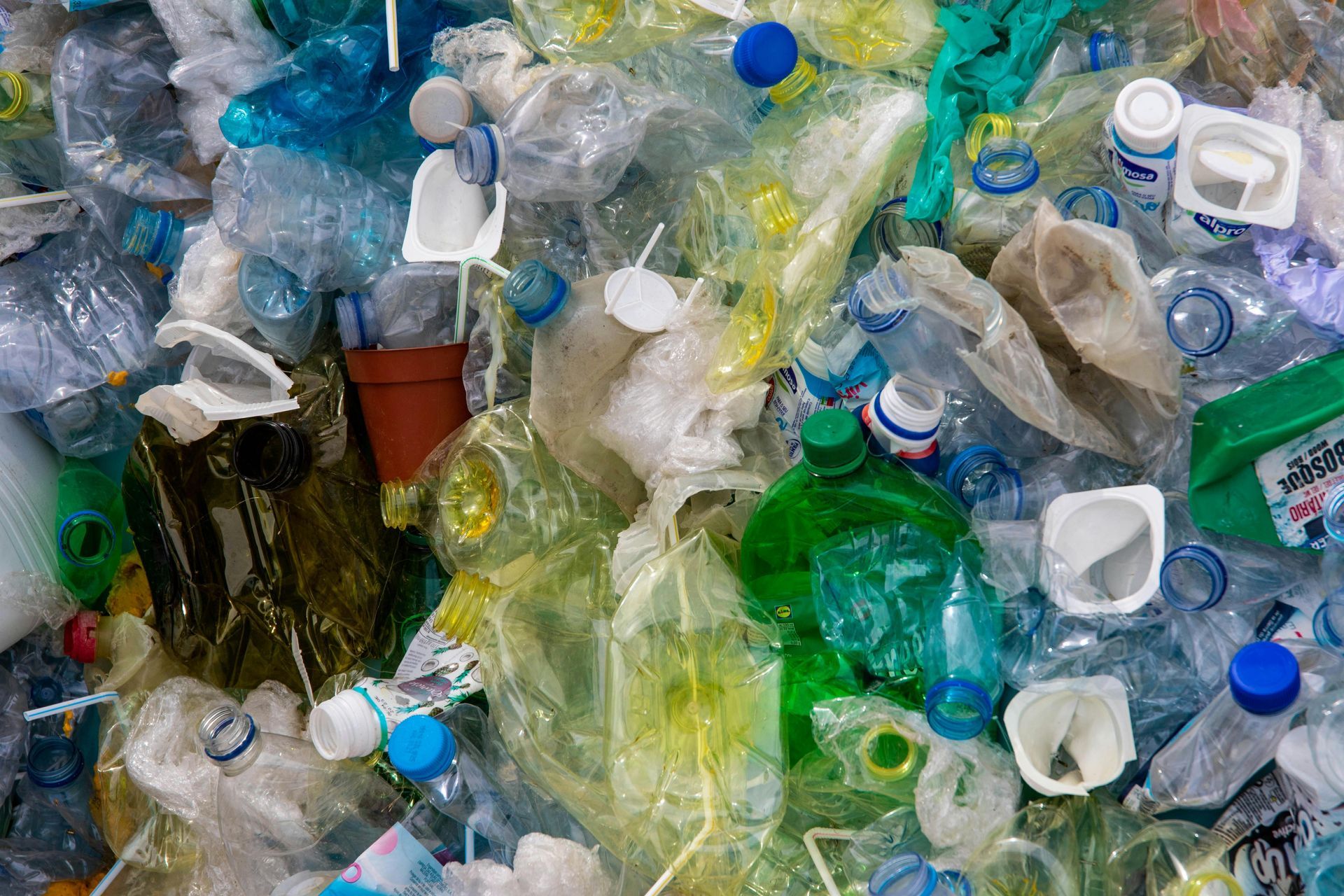
According to recent reports, the global demand for bottled water has reached staggering levels, with over 1 million bottles purchased every minute. This reliance on bottled water is contributing to environmental degradation, as only a fraction of these bottles are recycled, and most end up in landfills or the ocean.
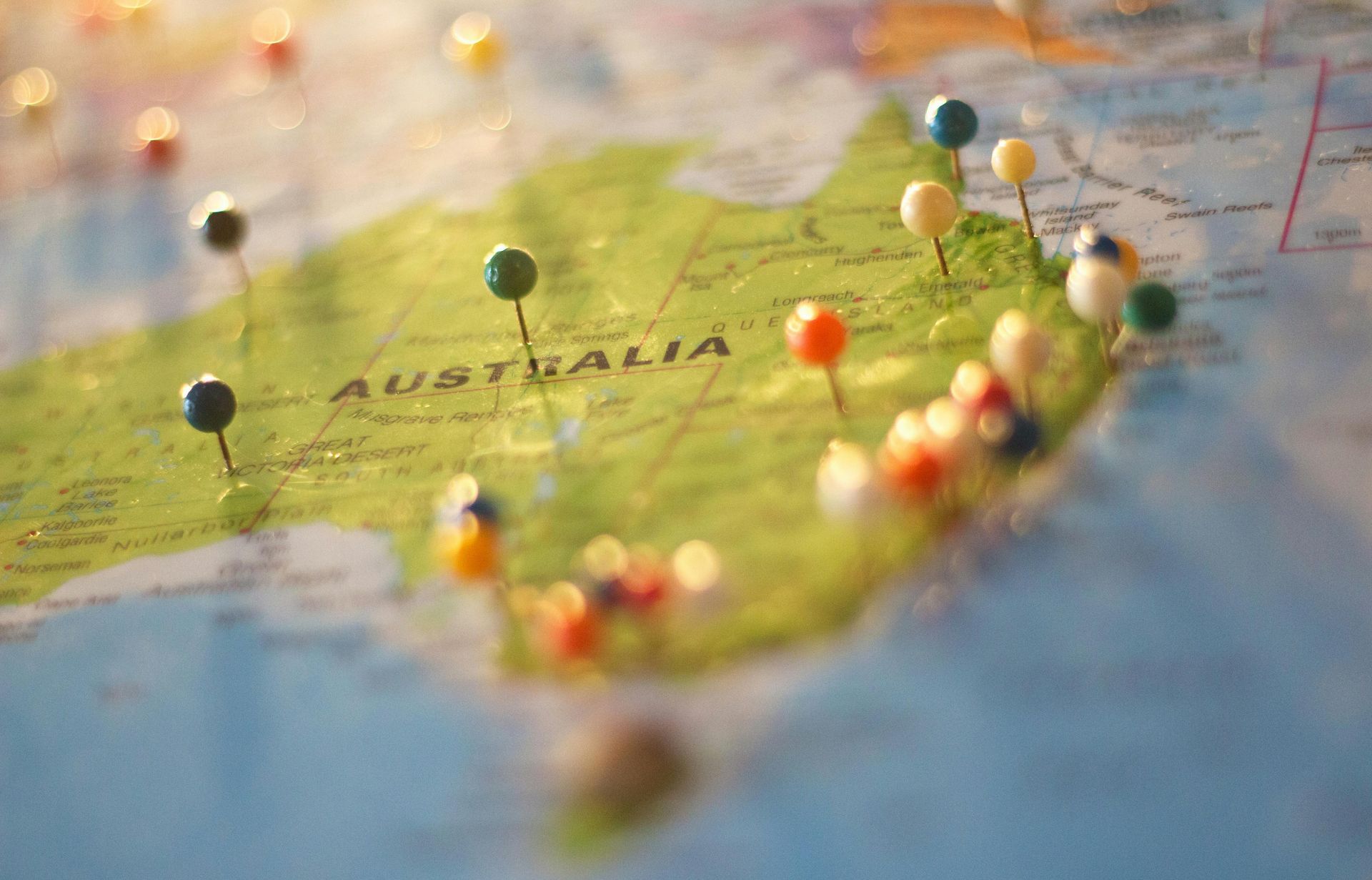
Australia ranks among the top global consumers of bottled water, with millions of bottles purchased every day despite the high cost. On average, Australians pay some of the highest prices for bottled water worldwide, fueling an industry worth billions annually. This growing demand persists even as tap water in most regions is safe and accessible.
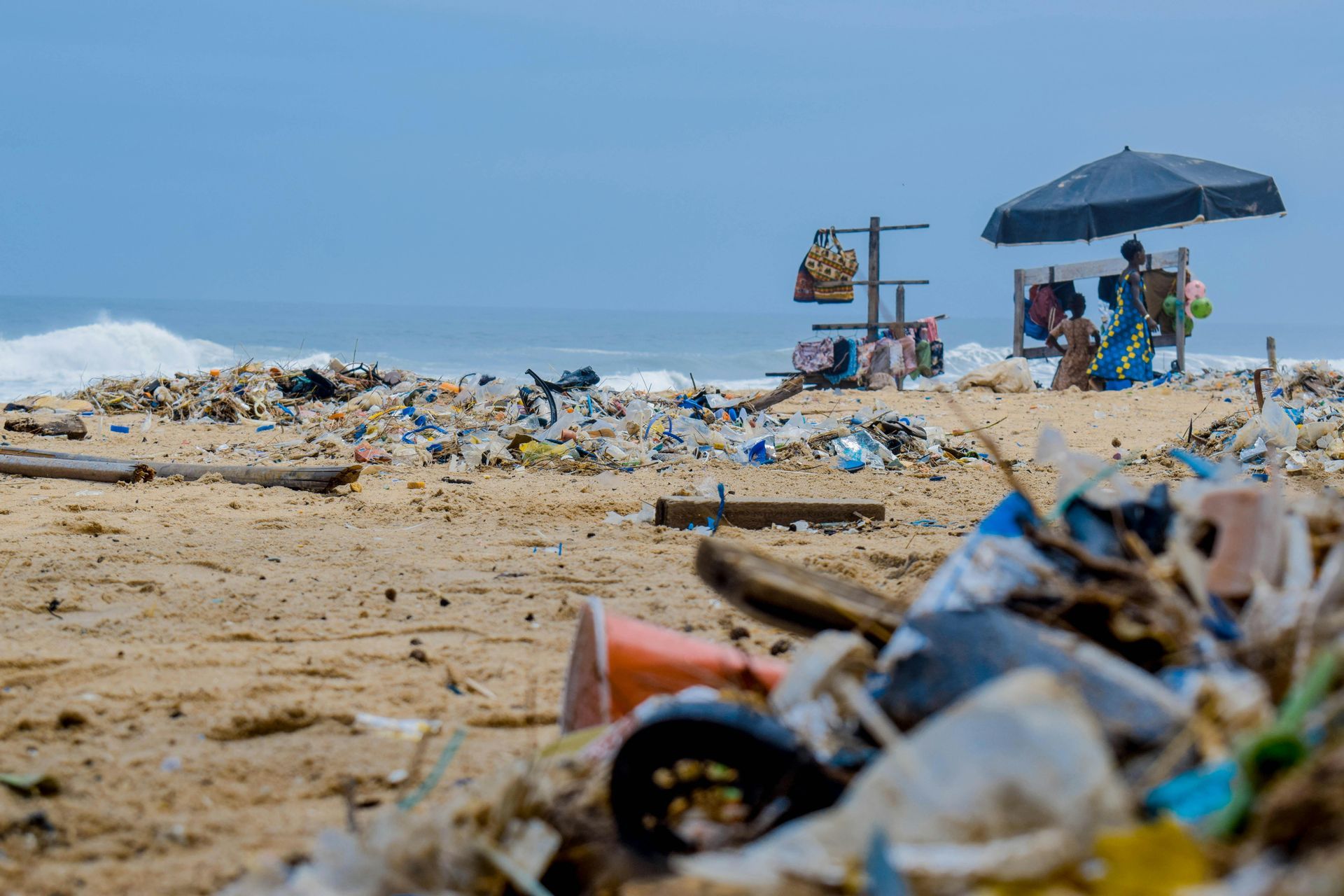
The COVID-19 pandemic not only strained global healthcare systems but also contributed to a significant surge in ocean plastic pollution. Increased reliance on single-use plastics, including disposable water bottles, masks, and packaging, created a new wave of environmental challenges. Researchers estimate that over 25,000 tons of pandemic-related plastic waste has entered the oceans, exacerbating an already critical pollution crisis.



